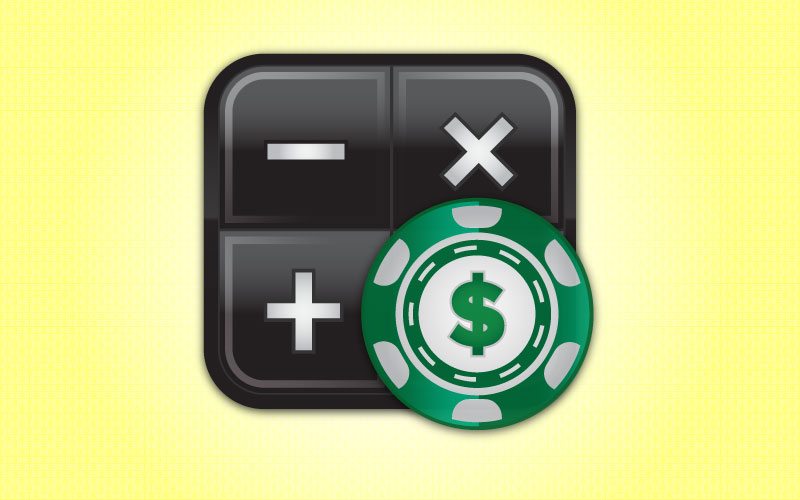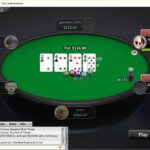It is often said that poker is a game of partial information. As the betting commences pre-flop, we gain information on our opponents hand. However, in reality, we have no true way of knowing the cards that our opponent holds, except that he cannot hold the cards that we have in our hand. And so, we are always looking for more information.
The “Great Dane”, Gus Hansen, has said that Hold’em is a flop game. After all, the flop gives us three-fifths of the community cards we’re going to see – all at one time. As such, it can be argued that the flop is the most important street in Hold’em. With this in mind we should know the odds of various flop situations.
One of the most common situations in today’s games is being dealt a pair and facing aggression pre-flop. Suppose we’re holding a pair of tens or jacks in the hole against an aggressive opponent who we know basically nothing about (he may or may not have overs). What are the odds of one or more over cards coming on the flop?
This is where math comes into the game of poker. The odds of one or more overs coming are the same as 1 minus the odds of no overs coming. That is, 1-(x/50)(y/49)(z/48) where x, y and z are the numbers of non-overs left in the deck.
50*49*48 is 117,600. y=x-1 and z=x-2. This means all we have to do is figure out x (the number of non-overs left in the deck):
Pct = 1-((x*y*z)/(50*49*48))
Pct = 1-((x*y*z)/117600)
Pct = 1-((x*(x-1)*(x-2))/117600)
Here are the results: KK 22.55 percent ==> 1-((46*45*44)/117600) QQ 41.43 percent ==> 1-((42*41*40)/117600) JJ 56.96 percent ==> 1-((38*37*36)/117600) TT 69.47 percent ==> 1-((34*33*32)/117600) 99 79.29 percent ==> 1-((30*29*28)/117600) 88 86.73 percent ==> 1-((26*25*24)/117600) 77 92.14 percent ==> 1-((22*21*20)/117600) 66 95.84 percent ==> 1-((18*17*16)/117600) 55 98.14 percent ==> 1-((14*13*12)/117600)
The results may be somewhat surprising. As you can see, if you hold JJ, the chances of an overcard coming are greater than 56%! Now of course that does not mean that you are an underdog necessarily. It is very dependent on many other factors. However, the odds of an overcard coming are definitely one of the factors that you should consider. And this definitely shows that you should have a plan for if and when an over card does hit the board.
Knowing your odds in different situations is really one of the most important steps in playing solid poker. Memorizing some common odds is generally the simplest way to know your odds, especially in those spots that recur most often.
For more information on common poker odds check out the rest of the articles in our
poker odds and charts section of FlopTurnRiver.
Submit your review | |









